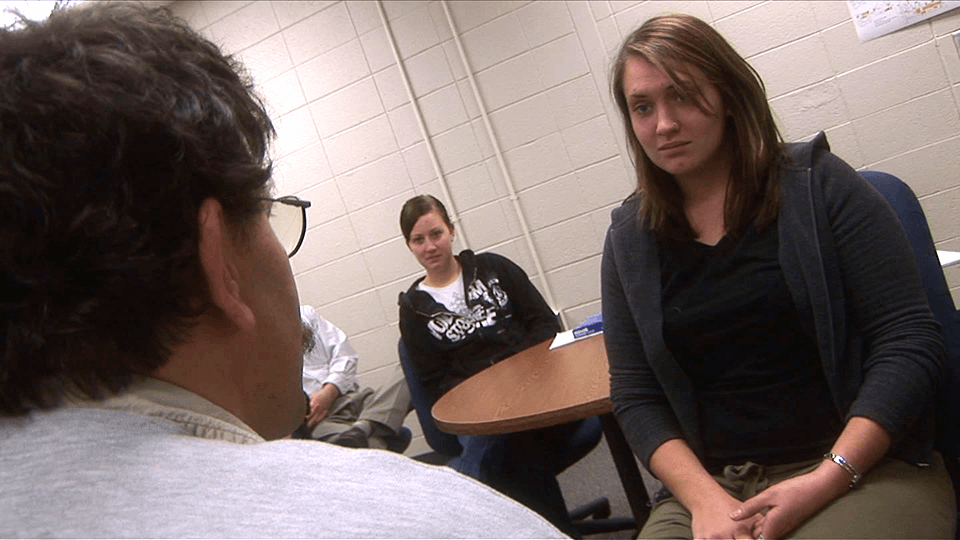Substance Use Disorder Counseling Careers
Recent Wisconsin job postings for this degree:
AODA Counselor
Substance Abuse Counselor
Residential AODA Counselor
Treatment Counselor
Resident Manager
Median Starting Salary
$55969
Substance Use Disorder Counseling Programs
Substance Use Disorders Counseling (SUDC) Associate Degree
Make a difference in the lives of individuals struggling with addiction by pursuing a career in Substance Use Disorders Counseling. This associate degree program is designed for individuals who are passionate about helping others and have a commitment to high ethical standards.
What It Takes to Succeed
The SUDC profession demands personal and professional qualities that inspire respect, trust, and confidence. Key traits and skills for success include:
- Emotional Stability and Maturity: Demonstrating self-awareness, self-discipline, and personal responsibility.
- Commitment to Sobriety: A minimum of one year free of substance use-related problems.
- Interpersonal Strengths: Interest in working with people and appreciating cultural diversity.
- Professional Skills: Strong reading, writing, critical thinking, and decision-making abilities.
Career Opportunities
Graduates of this program are eligible for licensure in Wisconsin as Substance Abuse Counselors-In Training (SAC-IT), qualifying for entry-level employment in a variety of settings, including:
- Substance abuse treatment centers
- Correctional facilities
- Employee and student assistance programs
- Community and social service agencies
Why Choose This Program?
This program equips you with the knowledge and skills to support individuals on their recovery journey and instills the ethical principles and cultural competence required to succeed in this field.
| Substance Use Disorder Counseling | Part of a Career Pathway |
Program Transfers |
Offered completely online |
Shared Program |
|
|---|---|---|---|---|---|
| Blackhawk | Substance Use Disorder Counseling at Blackhawk | ||||
| CVTC | Substance Use Disorder Counseling at CVTC | ||||
| Fox Valley | Substance Use Disorder Counseling at Fox Valley | ||||
| Mid-State | Substance Use Disorder Counseling at Mid-State | ||||
| Moraine Park | Substance Use Disorder Counseling at Moraine Park | ||||
| Nicolet College | Substance Use Disorder Counseling at Nicolet College | ||||
| Northcentral | Substance Use Disorder Counseling at Northcentral | ||||
| Northeast | Substance Use Disorder Counseling at Northeast | ||||
| Waukesha County | Substance Use Disorder Counseling at Waukesha County |

